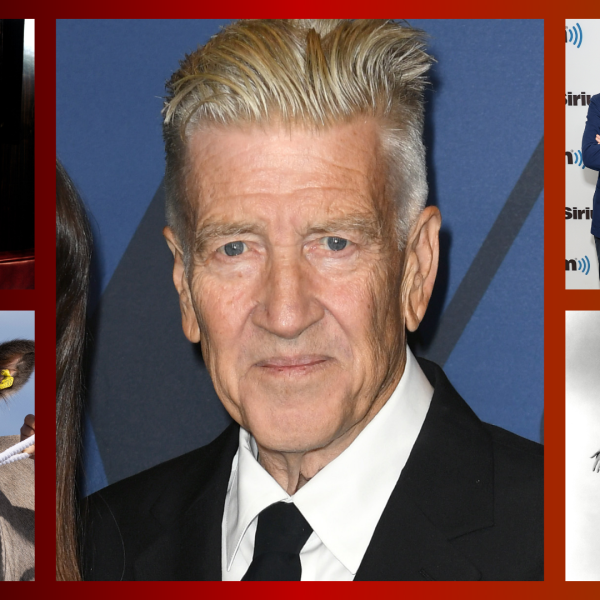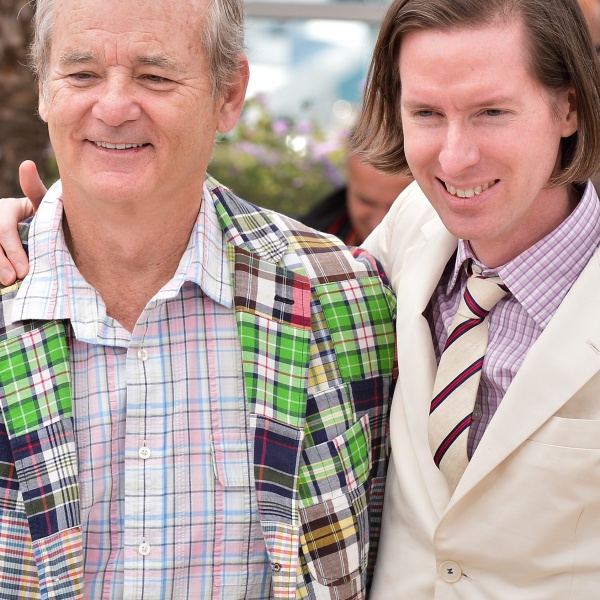
This is a repost of a review that ran earlier this year during TIFF 2010. The film is in limited release starting this week.
As “Black Swan” has begun its festival rollout, Darren Aronofsky has said the film is a companion piece to “The Wrestler” and it’s easy to see why. Where that film documented an athlete at the end of his career, body battered but spirit intact, here Aronofsky flips the equation, with a dancer in the best shape of her life and with the future in front of her who, in the chase for perfection, begins to mentally unravel.
Nina (Natalie Portman) is part of a coterie of ballet dancers who make up the Lincoln Center troupe. Beth (Winona Ryder), the theater’s longtime star is on her way out and with a new show mounting, director and choreographer Thomas (Vincent Cassel) is looking for a new dancer to lead his new production, a stripped down version of “Swan Lake.”

When Nina is chosen for the lead she is ecstatic as is her mother (Barbara Hershey), a one-time dancer and overly dedicated mother. But even before she was selected, Nina’s vulnerability was clear as day. She is somewhat of an outsider with the rest of the dancers, and there are hints that things are not as they seem, with mysterious scratches and marks appearing on her back, feet and hands. And when rehearsals start her problems only get worse, as her precarious and fragile state is tested by the demanding and unforgiving Thomas, her stage mother and Nina’s own quest to master the part. In Lily (Mila Kunis) she finds both a friend and a rival. Lily immediately senses Nina’s deteriorating condition, and acts both as confidante while playing the angles to try and discredit her suitability for the part.
And it’s in this tension-filled push and pull, between competition and collaboration, and yes, between reality and nightmare, where Aronofsky finds his sweet spot, delivering a breathless study of the cost of an artist’s ardent pursuit to reach the top of their game, and positing that spirited imperfection can be more valuable than strict technical achievement. As is repeated by Thomas throughout the film, you need to let yourself go in order to fully commit, but that sacrifice may be more than you bargained for.
While early talk surrounding the film has already put it in Oscar contention, we’re not so sure. Don’t get us wrong, we loved the film. But its candid and frankly brave treatment of sexuality as artistic instrument and liberator will require a more open-minded audience than the Academy and their voters tend to be. And the film will also likely split audiences due to Aronofsky’s highly visual and literal interpretation of Nina’s mind, body and spirit battling each other right until the end. While it might play ludicrous to some, here, it’s very clear that Aronofsky is conducting a grand ballet of his own, and as it builds through the final 20 minutes (you’ll either be with him in these sequences or you won’t) when Nina utters the last line of the film, it’s a devastatingly beautiful moment.
With “Black Swan” Aronofsky has made a film that seamlessly threads his aesthetic and thematic interests into a film that is unlike any you will see this year; a ballet world thriller and a nearly supernatural look at the deteriorating mind. Aronofsky displays an addiction and obsession of a wholly different sort. Anchored by strong performances from both Natalie Portman and Vincent Cassel, there’s good reason why “Black Swan” is leading the talk early in the awards season run-up. Whether or not it makes it there remains to be seen, but don’t let it stop you from seeing what might be the best film of Aronofsky’s career. [A]
Click here for another take on on the film from TIFF.



